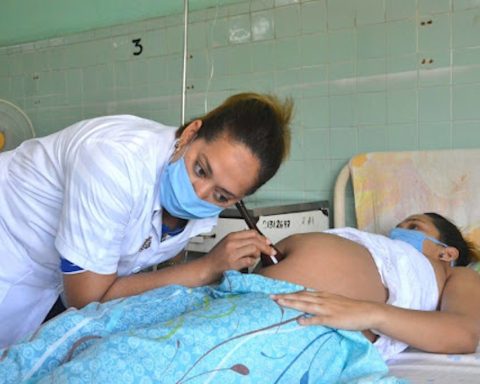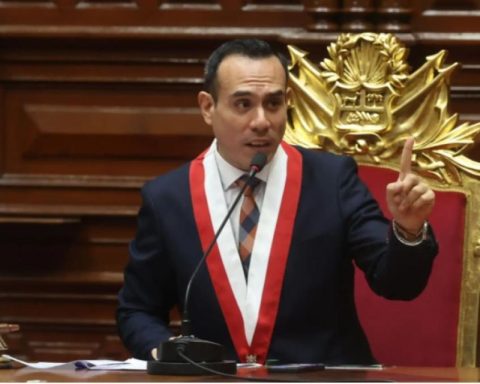The labor reform of Gustavo Petro’s government is very close to be approved in its second debate in the plenary session of the House of Representatives. The project already has 90% of its articles discussed and only four remain to be analyzed.
Among those issues that have not yet been debated, there are two that the Government considers vital within its objectives with the reform.
(See: ‘The reform will leave labor rights for a minority’).
One of them is what has to do with automation and the protection of workers against labor automation.
“We all know that 40% of jobs are at risk, but we also think that there is an impact of technology that is important to keep in mind, because it could also generate jobs.“he commented Gloria Inés Ramírez, the Minister of Labor, who added that they seek to protect “who are behind the machine, robotics, drones“.
The other key issue that remains to be discussed is decarbonization.
“We will protect the workforce that enters the decarbonization process, as we make clean energy. We protect the planet and we have to protect people through knowledge, doing job reconversion and providing guarantees so that in six months or a year they are trained to reconvert their profession or look for a new job.“explained Ramírez.
(See: Minimum wage 2025: the variables to take into account in the negotiation, according to the CUT).
The minister also said that what is being done with labor is accompanied by un unemployment support process: “There is a subsidy that we are working on and we are strengthening it to reward and provide opportunities for Colombia to continue advancing“.
And he assured that to these two issues we must add the validity and derogations, in terms of what remains to be discussed, and that later will enter the new proposals for the project, what are “140 proposals for new articles, five with endorsement“.
Labor reform.
Pros and cons of approvals and deletions
Minister Ramírez was also critical of the elimination of three articles related to work in the field and regretted that decision made by the plenary session of the House.
(See: What the labor reform says about the limit of daily and weekly overtime).
“We have a large debt, especially because there are 1,776,000 peasants who lost the opportunity to formalize themselves. I think the Chamber missed an opportunity to achieve social equity and formalize the field, which is so needed.“, held.
On the other hand, he highlighted that what has to do with cLearning contracts for practitioners.
“This will allow youth who are without well-being conditions to advance in the sense that they will have a work contract with social security and rights. It is essential for young people and the work horizon that is coming“, he valued.
(See: Labor reform: the cases in which menstrual leave could be used).
The labor reform is expected to be approved this Thursday, October 17, in its second debate.
CAMILO HERNÁNDEZ M.
Digital Portfolio Editor

















